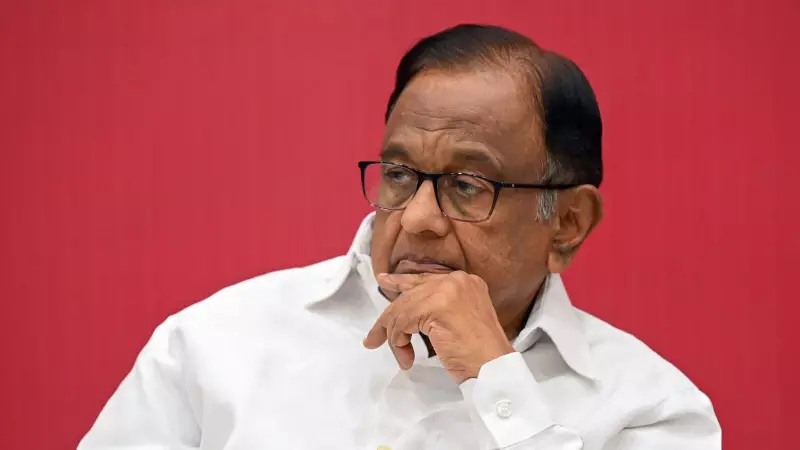
Senior Congress leader and former Finance Minister P Chidambaram has raised serious concerns about India's economic direction, warning that the country remains trapped in the "lower-middle income" category and requires significant policy courage to break free.
The Growth Conundrum
Chidambaram emphasized that while India's current 6.5% growth rate might appear respectable, it falls significantly short of what's needed to transform the nation into an economic powerhouse. He stressed that this moderate growth pace simply isn't sufficient to propel India out of the middle-income bracket and toward developed nation status.
A Call for Courageous Leadership
The veteran politician pointed to the 1991 economic reforms led by former Prime Minister Dr. Manmohan Singh as the benchmark for bold economic policymaking. "What we need today is the same level of courage and conviction that Dr. Singh demonstrated during the 1991 economic liberalization," Chidambaram stated, highlighting how those reforms fundamentally transformed India's economic landscape.
The Middle-Income Trap Explained
The concept of the middle-income trap describes a situation where a country achieves middle-income status but then stagnates, unable to progress to high-income levels due to various structural challenges. Chidambaram's warning suggests India risks remaining in this limbo without decisive policy interventions.
Structural Reforms Required
While not specifying exact measures, the former finance minister implied that comprehensive structural reforms across multiple sectors are necessary. These would likely address issues such as:
- Manufacturing competitiveness
- Export diversification
- Education and skill development
- Infrastructure modernization
- Agricultural productivity
Political Will and Economic Vision
Chidambaram's comments underscore the critical need for political consensus on economic reforms. He suggested that overcoming the middle-income trap requires not just technical solutions but strong political will and a clear long-term economic vision that transcends short-term political considerations.
The warning comes at a crucial time when India positions itself as a future global economic leader, highlighting the gap between ambition and current economic realities that must be addressed through courageous policymaking.





